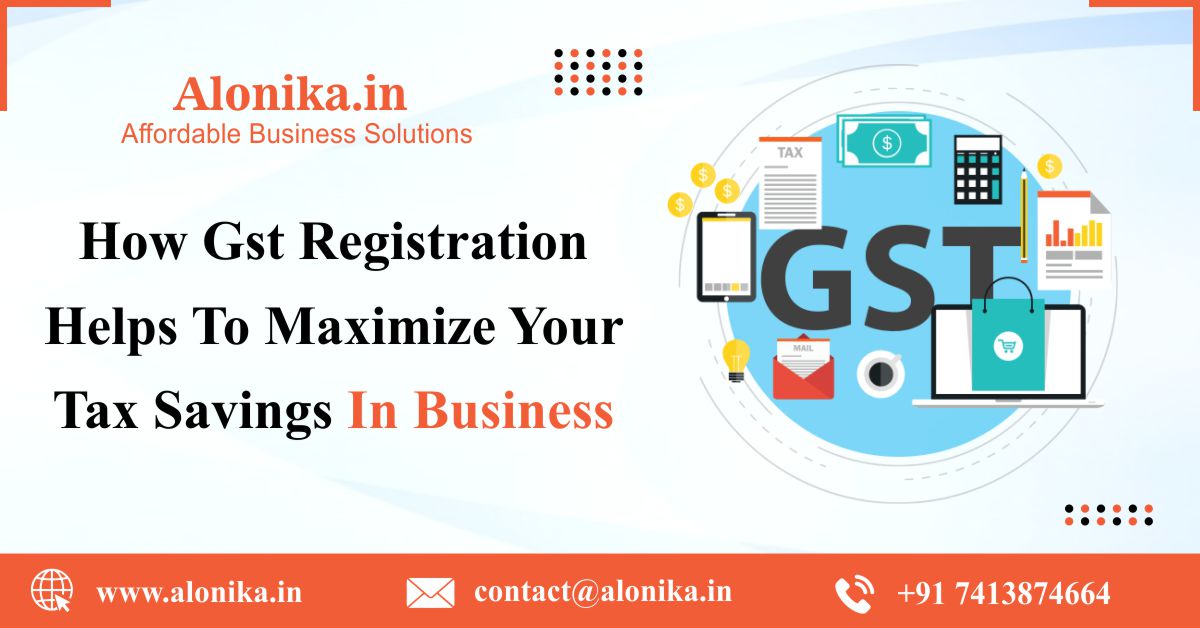The Ultimate Guide to Streamlining the GST Enrollment Refine and Needs for Local Business Owners

Recognizing GST Essentials
To comprehend the basics of the Product and Services Tax Obligation (GST) system, local business proprietors have to first recognize its underlying effects and concepts. GST is a value-added tax levied on a lot of products and solutions for residential usage. It intends to enhance the taxes process by replacing numerous indirect taxes imposed by the state and main federal governments. Under the GST routine, companies are called for to sign up and gather tax obligation in support of the federal government, guaranteeing openness and compliance.
One of the key principles of GST is input tax credit history, which enables services to claim credit history for taxes paid on their acquisitions. Recognizing these fundamental principles is important for small company owners to navigate the intricacies of the GST system and make certain compliance with the legislation.
Qualification Requirements for Enrollment
Having established a foundational understanding of GST principles, local business owners have to now meet particular qualification requirements to continue with the registration process. In India, entities took part in the supply of goods or services with an annual accumulation turn over exceeding Rs. 40 lakhs (Rs. 10 lakhs for unique classification states) are called for to sign up for GST. In addition, particular companies such as those entailed in inter-state supply of goods, casual taxed individuals, and those needed to pay tax under the reverse charge device should register for GST regardless of their turn over. Moreover, businesses that were signed up under the previous tax obligation program (VAT, service tax, and so on) are additionally mandated to sign up under GST. Farming services that just provide produce out of main production are excluded from GST registration. It is critical for company owner to thoroughly assess their qualification based upon these requirements to guarantee conformity with the regulation and avoid any charges for non-compliance.
Records Needed for GST Registration

Simplified Enrollment Refine Steps
Adhering to the collection and verification of the requisite records, the enrollment process for GST can be browsed with a series of simplified actions developed to facilitate reliable compliance for little organization proprietors. Upon successful confirmation, an Application Referral Number (ARN) is released, showing the completion of the GST registration procedure. By following these simplified steps, little company owners can successfully register for GST and make sure compliance with tax policies.
Tips for Ensuring Compliance
To maintain governing adherence and functional stability, diligent oversight and positive steps are pivotal in making certain compliance with GST demands for little business owners. Tiny business proprietors should remain updated with GST policies, submitting target dates, and any type of adjustments in tax prices to prevent fines and maintain a great standing with tax authorities. Attending GST awareness workshops or training programs can boost understanding and compliance with GST regulations, inevitably profiting the business in the lengthy run.
Conclusion
To conclude, local business proprietors should understand the essentials of GST, fulfill the qualification standards, collect necessary documents, and comply with the simplified enrollment procedure steps to ensure conformity. By streamlining the GST enrollment process and requirements, small company proprietors can avoid fines and run their businesses smoothly within the lawful framework - Singapore GST Registration. It is crucial for small company proprietors to find out stay enlightened and certified with GST guidelines to keep a successful business procedure
Little company proprietors seeking GST enrollment should guarantee they collect and send the essential documents to finish the enrollment process effectively. The files needed for GST registration normally include evidence of organization enrollment or consolidation, PAN (Long-term Account Number) card of the business identification, address and entity Full Report evidence of the promoters/partners/directors, pictures, address proof of the location of organization, financial institution account statements or canceled cheques, and permission forms. Going to GST understanding workshops or training programs can enhance understanding and conformity with GST guidelines, eventually benefiting the organization in the lengthy run.
By streamlining the GST registration procedure and needs, tiny business proprietors can avoid penalties and run their services smoothly within the legal framework. It is crucial for tiny business proprietors to remain informed and certified with GST laws to maintain a successful business procedure.